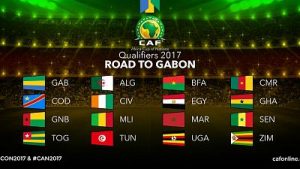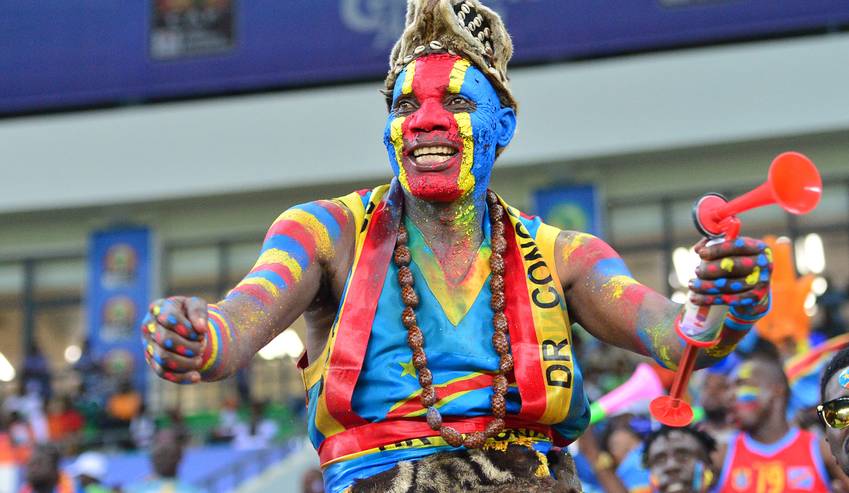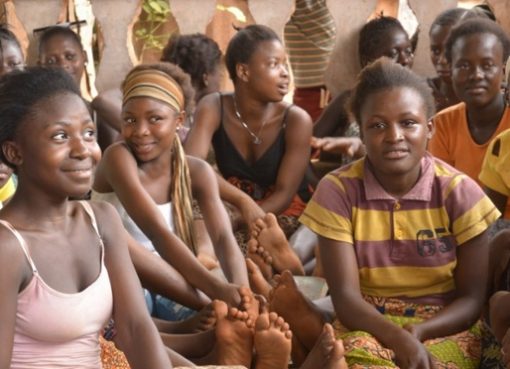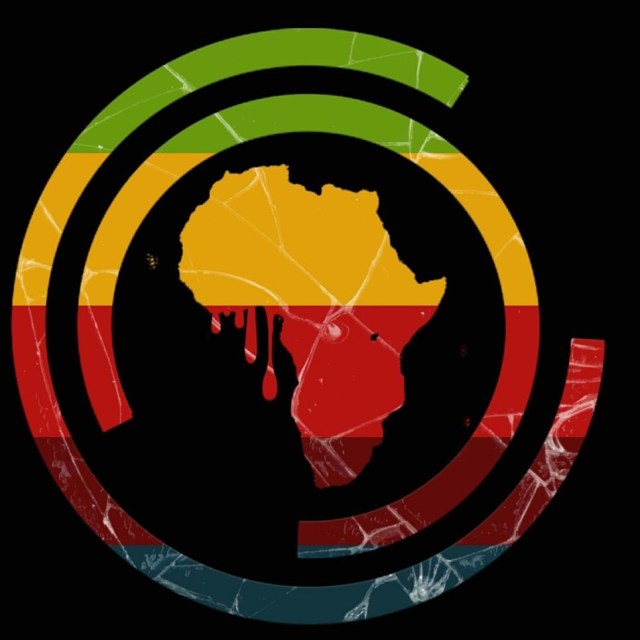We know who the real ballers are!
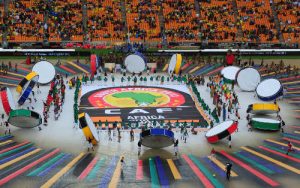
Starting in 2019, the number of participating countries in Africa’s biggest soccer event, the African Cup of Nations (AFCON), will increase to 24 national teams from 16 teams. Also significant, the competition, usually hosted in January and February, will be moved to June and July.
The decisions were made following recommendations by the continent’s leading football executives and luminaries at a conference hosted by the Confederation of African Football (CAF) in Morocco earlier this week. A recommendation to play the biennial soccer event only once in four years was rejected.

But the AFCON changes beg more questions than answers.
A “summer” AFCON presents a major problem given the prevalent rainy weather conditions in many parts of the continent. For example, the rainy season in Cameroon, hosts of the 2019 AFCON, is “most intense” between June and October. For Guinea, hosts of the 2023 event, the monsoon season also lasts from June to October.
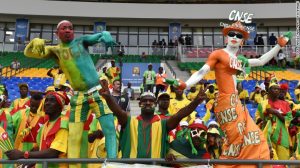
However, European clubs are likely to be pleased by the change of timing with many usually caught up in rows with African national teams over player call-ups for AFCON in January. This is when all top European club soccer seasons are in full flow. Clubs have often complained about losing players, some on multimillion-dollars contracts, for up to six weeks.
In the past, national teams have won that battle by citing FIFA regulations which mandate the clubs to release any invited players, but more recently, the dynamic has changed with players now refusing national team call-ups for AFCON due to fears over losing their place at their clubs.

Earlier this year, several players turned down their national team’s invitation, choosing instead to remain with their clubs. In the past, European clubs have refused to sign African stars citing the possibility of losing them to AFCON but already some soccer agents already claim that the summer switch will see increased patronage of Africans by European clubs.
Given the adverse weather, many Africans are likely to view this shift in timing as CAF simply bowing to pressure from wealthy European soccer clubs rather than as a move that’s best for the continent’s game.

For its part, CAF has also defended the expansion to 24 teams as an opportunity for “triple” its income through lucrative broadcast and marketing deals, but the quality of the tournament on offer is likely to be watered down with nearly half of Africa’s 54 countries set to participate.
The expansion also presents Cameroon, 2019 hosts, with a major logistics problem as their bid to host was based on a 16-team tournament. Many other possible hosts on the continent will likely face similar problems with most facing a stadium and infrastructure deficit.
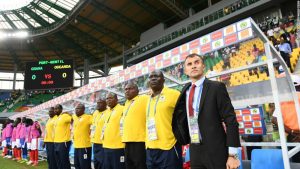
Put another way: very few African countries can afford hosting a 24-team AFCON. Already, Cameroon has been forced to deny claims that its stadium construction plans are behind schedule.
Although it was not approved, CAF also considered hosting the AFCON final or the entire tournament outside in the continent with the United States, Qatar and China listed as possible hosts—an indication that CAF realizes very few African countries can successfully host a 24-team event.
To enable hosting AFCON outside Africa a possibility, CAF also considered inviting “three of four” foreign national teams to play in the event.
